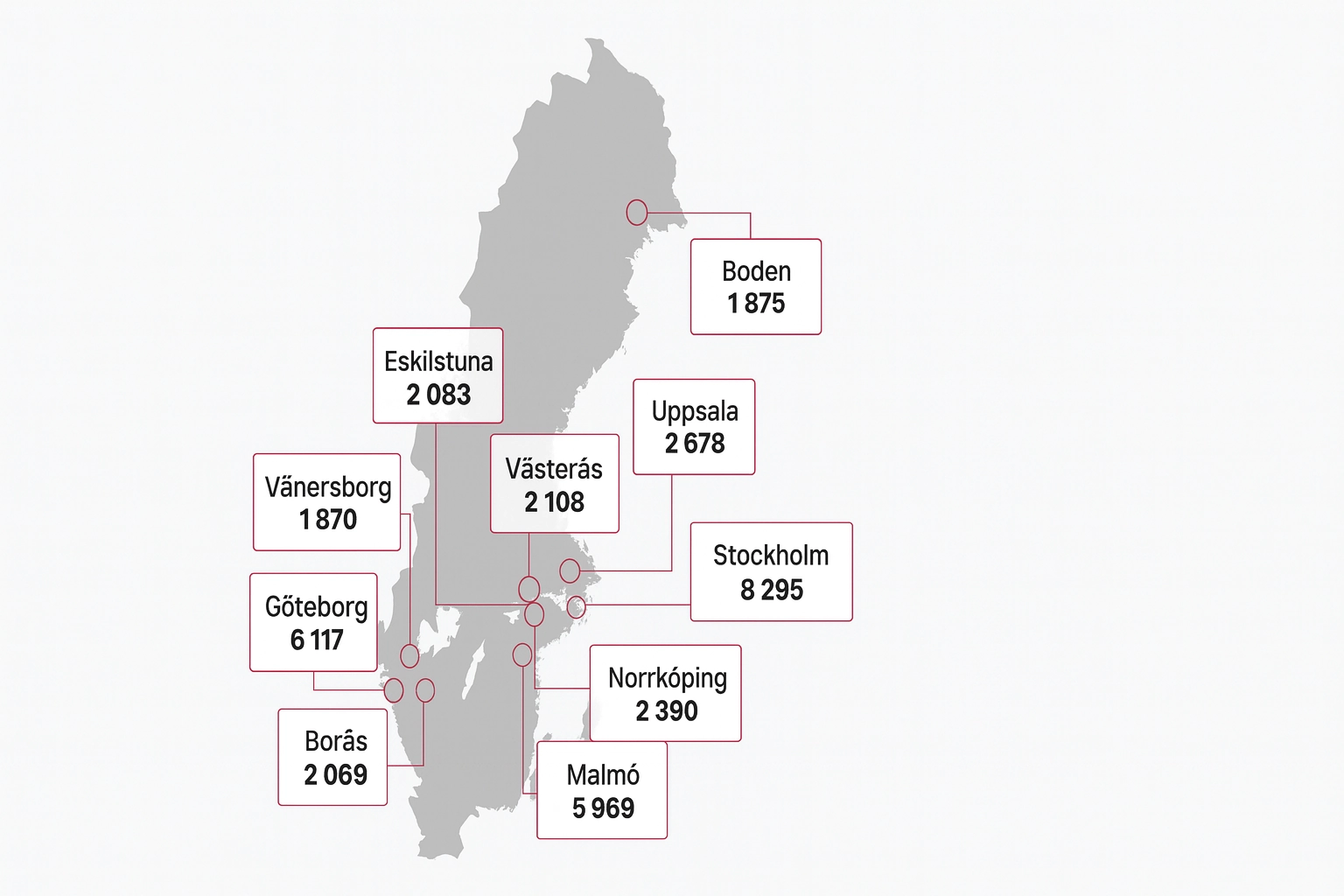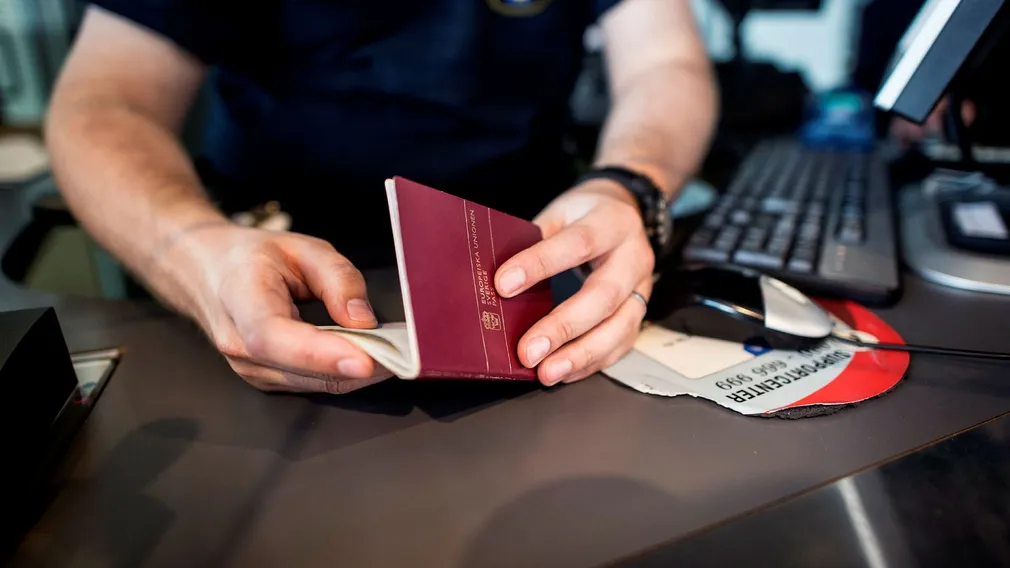
What Is the Migration Court?
When you apply for asylum, a residence permit, or challenge a decision by the Swedish Migration Agency, you may eventually end up before a Migration Court (Migrationsdomstol). The Migration Court is a specialized part of Sweden’s administrative court system that reviews migration-related decisions.
Position in the Swedish Judicial System
- Sweden has a system of administrative courts (förvaltningsdomstolar). These courts handle disputes between individuals and public authorities.
- The Migration Courts are part of that system. They operate within four administrative courts: in Stockholm, Gothenburg, Malmö and Luleå.
- Above the Migration Courts is the Migration Court of Appeal (Migrationsöverdomstolen), located at the Administrative Court of Appeal in Stockholm. It is the final instance for migration and citizenship cases.
Swedish Judicial System
├── General Courts
│ ├── Supreme Court (Högsta domstolen)
│ ├── Courts of Appeal (Hovrätt)
│ └── District Courts (Tingsrätt)
│
└── Administrative Courts
├── Supreme Administrative Court (Högsta förvaltningsdomstolen)
├── Administrative Courts of Appeal (Kammarrätt)
│ └── ★ Migration Court of Appeal (Migrationsöverdomstolen) ★
└── Administrative Courts (Förvaltningsrätt)
└── ★ Migration Courts (Migrationsdomstolar) ★Role & Duties
The Migration Court handles appeals against decisions made by the Swedish Migration Agency (Migrationsverket). Examples of such decisions include:
- Denial of a residence or work permit
- Refusal of asylum
- Deportation or expulsion decisions
- Decisions on family reunification, citizenship, etc.
When you appeal, the Migration Court will re-examine the case and issue a new decision (often a judgment).
If you disagree with its decision, you may be able to appeal further to the Migration Court of Appeal — but only in cases where “leave to appeal” is granted. That court primarily intervenes when a legal precedent or clarification is needed.
How the Appeal Process Works
- You receive a decision from Migrationsverket. The decision should state whether it can be appealed and the deadline for an appeal.
- You file an appeal in writing, submitting it to Migrationsverket (even though the court will eventually decide). The appeal must explain which decision you are contesting, why it is wrong, and how it should be changed.
- Migrationsverket reviews your appeal first. If it deems the decision should be changed, it may issue a new decision and send it along with your appeal to the court. Otherwise, it forwards your appeal as is.
- The Migration Court examines the case. It can confirm, change, or annul the original decision. You and any legal counsel will receive its judgment.
- If permitted, you can apply for leave to appeal to the Migration Court of Appeal. That court only accepts certain cases—e.g. those that may set precedent under migration law or in exceptional situations such as serious errors by the Migration Court.
Composition & Decision Making
- In migration appeals, a court panel typically consists of one legally trained judge and three lay judges (nämndemän).
- Lay judges are not legal professionals. They are appointed by regional councils (landsting) or county councils for fixed terms.
- The court assesses both factual and legal elements: credibility, evidence, legal arguments, international conventions, and Swedish migration law.
Limits & Constraints
- Some decisions cannot be appealed (either by law or once a deadline for appeal has passed).
- The Migration Court of Appeal does not accept all appeals. Leave to appeal must be granted.
- The Migration Court of Appeal primarily handles cases of legal principle, not individual disputes unless exceptional.
Why the Migration Court Matters to You
- If you receive a refusal or expulsion order from the Migration Agency, the Migration Court is your legal recourse.
- The Court provides a second, independent decision on your case, ensuring legal oversight of migration administration.
- The judgments from higher courts (especially the Migration Court of Appeal) shape how migration law is interpreted and applied in future cases.
For more information on how you can file a complaint to migrationsverket please look at our previous artcile on this.
Continue reading

Looking Back At Sweden's 2015 Migrant Crisis
A decade later, we revisit Sweden’s historic 2015 refugee influx — what happened, who arrived, how the system responded, and how Sweden compares to the rest of Europe. Based on official Migrationsverket data, EU statistics, and contemporary reporting.

Swedish Citizenship and Identity Requirements
Understanding why some applicants, particularly from Somalia and Afghanistan, face significant barriers when applying for Swedish citizenship due to identity verification rules.

How to demand a decision from Migrationsverket
Once you file a request for determination, the Migration Agency has four weeks to act. Learn what they must do and how you can appeal if they refuse.
